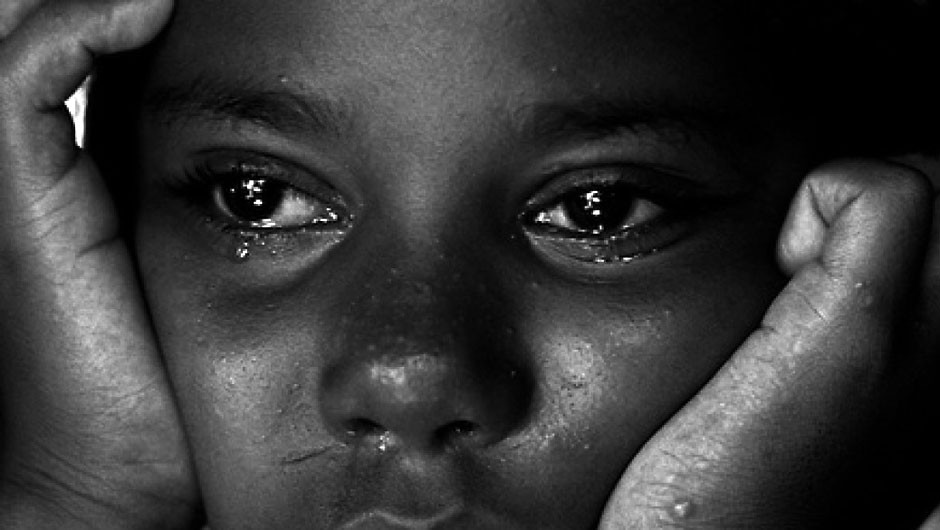MARTIN ATKIN
A new drive to curb unacceptable levels of violence against children in Africa was launched today after disturbing fresh research indicating that African children continue to suffer widespread physical, psychological and sexual violence.
Data released by the African Partnership to End Violence against Children (APEVAC) – an initiative of the African Child Policy Forum (ACPF) – reveals an “unacceptable scale” of violence against children (VAC). The studies show that more than half of all children experience physical abuse while in some parts of Africa four in 10 girls suffer sexual violence before the age of 15.
“Vigorous action must be taken to tackle the unacceptable scourge of VAC in Africa,” said Dr Joan Nyanyuki, ACPF’s Executive Director. “Thirty years after the African Children’s Charter was adopted, African governments are still failing to protect children from violence.”
Today’s (22 July) high-level virtual conference aims to enhance political commitment to end violence against children in Africa. The event, organised by ACPF, is part of the Together to #ENDViolence solutions summit series led by the Global Partnership to End Violence Against Children.
“Of all the unspeakable damages suffered by of our children, violence is surely the worst, simply because it is entirely avoidable, yet leaves lasting scars,” said Mrs Graça Machel, Chair of the ACPF International Board of Trustees. “We cannot accept such suffering at any level of African society as its devastating impacts on our children’s dignity, physical and mental wellbeing continue to rob them of their future.
“The social and economic impact on society is equally harmful. Violence against children is directly related to poor educational outcomes, school drop-out, ill health and poor future employment prospects. These in turn reduce productivity and add massively to the cost of health and social care.”
ACPF’s three new studies provide powerful evidence of the rise in VAC in Africa. They find that children caught up in conflict or humanitarian disasters, those with disabilities, engaged in child labour, living or working on the streets, and those in residential care, are most vulnerable. Digital technology is driving new forms of VAC, with children now facing increased risks of online sexual abuse. The COVID-19 pandemic has caused a spike in reports of VAC.
At least 60 percent of boys and 51 percent of girls in Africa experience physical abuse. In some regions, more than eight out of 10 children aged 1-14 experience violent discipline every month. In Nigeria, 66 percent of girls and 58 percent of boys under 18 witness violence in the home. More than half of all children aged 13–15 in West and Central Africa are bullied in school.
Africa has the highest rates of child neglect in the world: 41.8 percent of girls and 39.1 percent of boys are neglected by their caregivers. Sexual violence against children with disabilities is high in many countries, ranging from two incidents per child in Senegal to four per child in Cameroon.
“There has been some progress, notably on FGM (female genital mutilation), child marriage and corporal punishment,” noted Dr Nyanyuki. “But advances have been uneven, fragmented, and too slow. Most governments lack political will and the amount of money allocated to tackling VAC is derisory.”
On the plus side, the study finds ‘home-grown’ initiatives that they can use to reduce levels of violence while strengthening relationships between parents and their children. “We need more of Africa’s own home-grown solutions which offer children greater protection and help to build stronger communities.” said Dr Nyanyuki. “We must urgently address the deep-rooted patriarchal attitudes and practices which discriminate against children, especially girls.”
(African Child Policy Forum)




